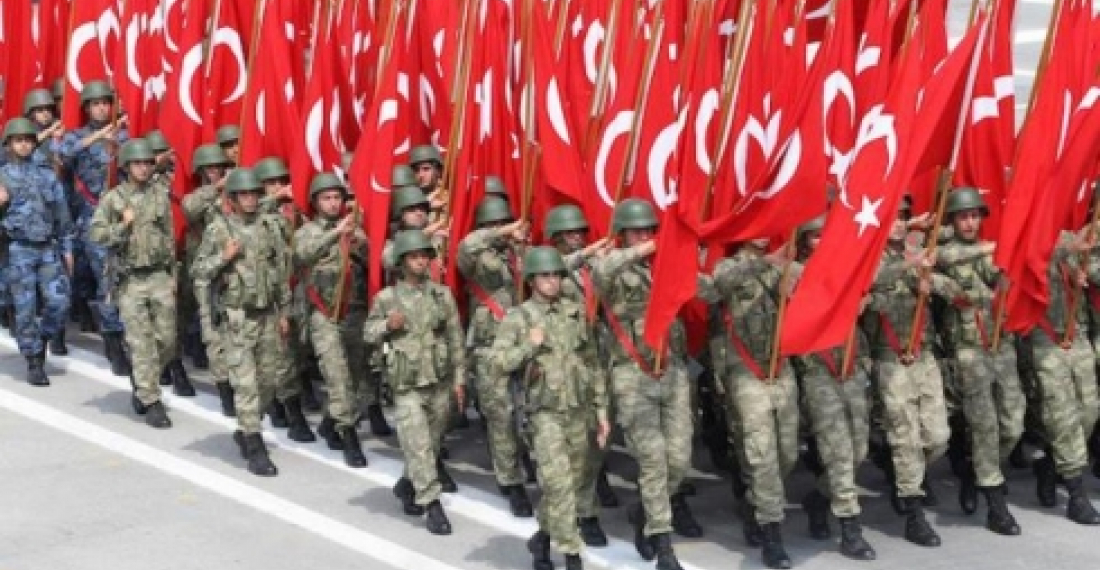Turkey's defense spending stood at 29.4 billion Turkish Liras ($13.2 billion) this year, Defense Minister İsmet Yılmaz gave the information to Parliament on 2 November in response to a parliamentary question from a deputy of the opposition Nationalist Movement Party (MHP), according to Hurriyet Daily News.
Turkey spent some 1.71 percent of its gross domestic product (GDP) on defense in 2014, a drop from the 3.5 percent of its GDP spent on defense in 2002, Yılmaz said, adding that the 2014 defense budget accounted for 3.7 percent of the overall state budget.
Around half of the country's defense budget goes on personnel spending, such as salaries, benefits and pension payments to retired Turkish Army personnel, he added.
Turkey's military expenditure per capita in 2013 was 474 liras ($213), Yılmaz said. He also said Turkey's defense exports stood at $1.4 billion in 2014, while its imports were $1.3 billion.
Turkey is currently negotiating a $3.5 billion deal for a long-range air and anti-missile defense system, including local production, with suppliers from China and Europe. Ankara plans to spend around $70 billion on military equipment by 2023.
source: Commonspace.eu with Hurriyet Daily News.







